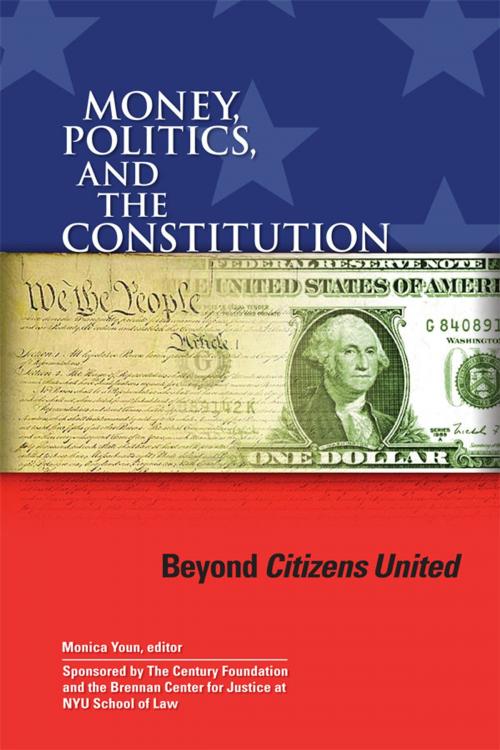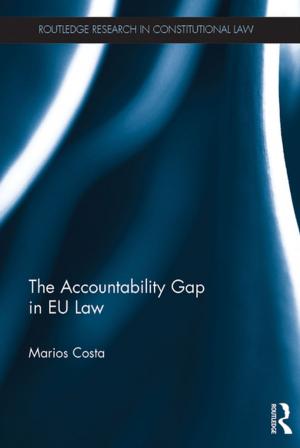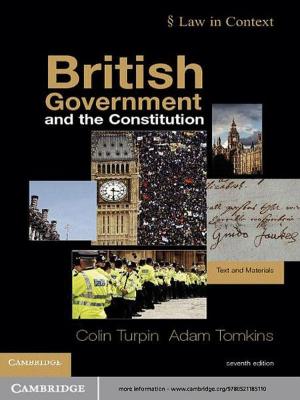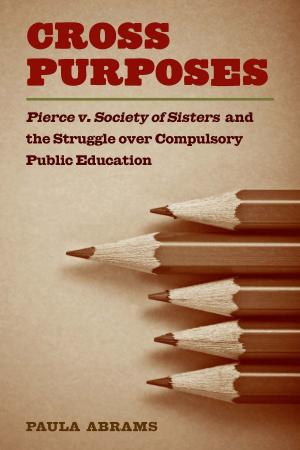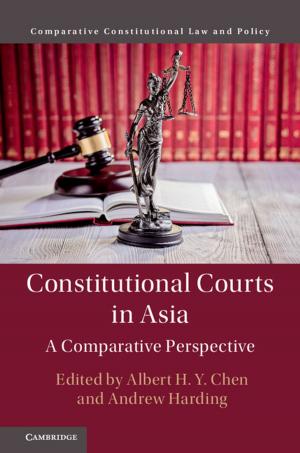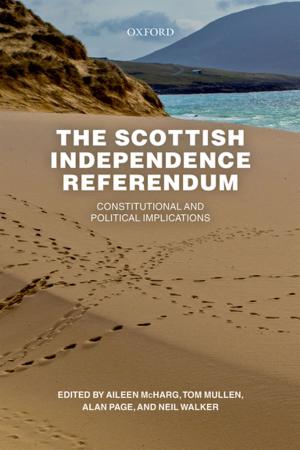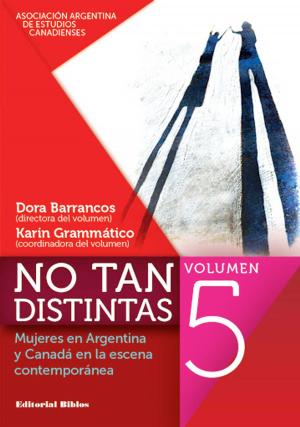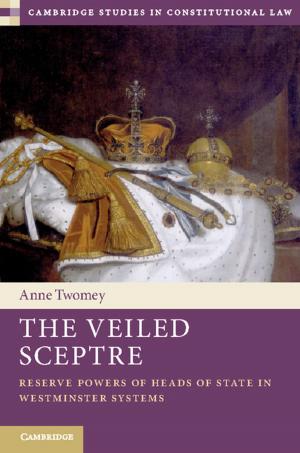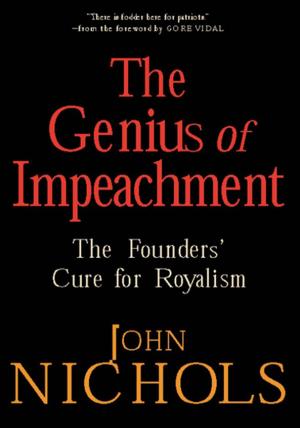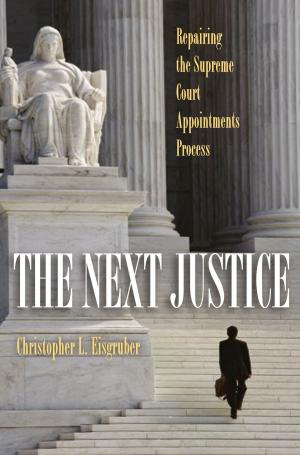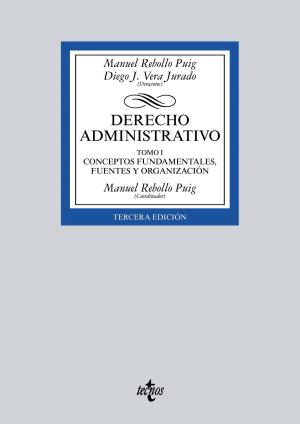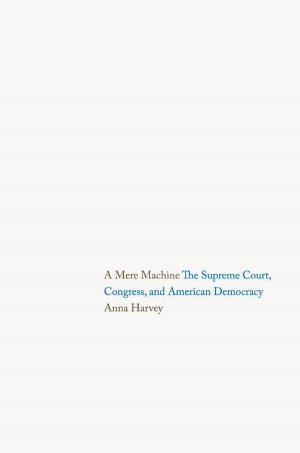Money, Politics, and the Constitution: Beyond Citizens United
Nonfiction, Reference & Language, Law, Constitutional| Author: | ISBN: | 9780870785283 | |
| Publisher: | The Century Foundation, Inc. | Publication: | April 28, 2011 |
| Imprint: | The Century Foundation Press | Language: | English |
| Author: | |
| ISBN: | 9780870785283 |
| Publisher: | The Century Foundation, Inc. |
| Publication: | April 28, 2011 |
| Imprint: | The Century Foundation Press |
| Language: | English |
Top Constitutional scholars launch a new jurisprudence to curb the rise of unfettered money in politics post-Citizens United. What is next for the First Amendment? And how can we advance a vision of the Constitution as a charter for a vibrant, participatory democracy? In the U.S. Supreme Court case, Citizens United v. Federal Election Commission, five justices ruled that corporations and unions had a constitutional right to spend unlimited sums in elections, and in so doing overturned decades of precedent and dozens of laws. The ruling earned banner headlines, a sharp State of the Union rebuke, and public disapproval hovering near 80 percent in the polls. In the 2010 election that followed, independent spending spiked, much of it done secretly. The decision ranks among the Court’s most controversial and consequential. This volume of essays, which is cosponsored with the Brennan Center for Justice at NYU School of Law, is an attempt to map out the complex labyrinth that led to Citizens United, and to explore where this decision may lead. The chapters in it arose from a symposium sponsored by the Brennan Centers just nine weeks after the Citizens United decision was announced.About the book: Erwin Chemerinsky, Dean of UC Irvine School of Law and author of The Conservative Assault on the Constitution: “A brilliant collection of essays on one of the most important contemporary constitutional issues: when can and should the government be able to regulate campaign spending? … If there is to be a new jurisprudence in this area, this book is likely its foundation.” About the conference that sparked the book: Stanley Fish, The New York Times: “A-list First Amendment scholars … As a result of what had been said and proposed, something in the world might actually change.”
Top Constitutional scholars launch a new jurisprudence to curb the rise of unfettered money in politics post-Citizens United. What is next for the First Amendment? And how can we advance a vision of the Constitution as a charter for a vibrant, participatory democracy? In the U.S. Supreme Court case, Citizens United v. Federal Election Commission, five justices ruled that corporations and unions had a constitutional right to spend unlimited sums in elections, and in so doing overturned decades of precedent and dozens of laws. The ruling earned banner headlines, a sharp State of the Union rebuke, and public disapproval hovering near 80 percent in the polls. In the 2010 election that followed, independent spending spiked, much of it done secretly. The decision ranks among the Court’s most controversial and consequential. This volume of essays, which is cosponsored with the Brennan Center for Justice at NYU School of Law, is an attempt to map out the complex labyrinth that led to Citizens United, and to explore where this decision may lead. The chapters in it arose from a symposium sponsored by the Brennan Centers just nine weeks after the Citizens United decision was announced.About the book: Erwin Chemerinsky, Dean of UC Irvine School of Law and author of The Conservative Assault on the Constitution: “A brilliant collection of essays on one of the most important contemporary constitutional issues: when can and should the government be able to regulate campaign spending? … If there is to be a new jurisprudence in this area, this book is likely its foundation.” About the conference that sparked the book: Stanley Fish, The New York Times: “A-list First Amendment scholars … As a result of what had been said and proposed, something in the world might actually change.”
